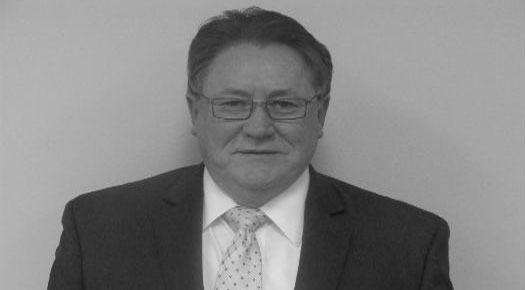
Authorities from the Shelby Township in the U.S. state of Michigan have said they will ignore a letter that criticizes Clerk Stanley Grot’s recent inclusion of the phrase “so help me God” to the standard oath. The letter was sent to the township on June 16th from Freedom from Religion Foundation.
“I have been directed by township attorney Rob Huth that the Freedom from Religion opinion on Mr Grot's addition to our oath is without merit and needs no official response,” said Shelby Township Supervisor Richard Stathakis at the Board of Trustees meeting organized on June 17th.
According to the letter from FFRF, the foundation was contacted by a resident of the township who informed them about the Grot’s inclusion of the phrase “so help me God” to the standard oath. That is when FFRF realized that article six of the U.S. Constitution disallows states as well as the federal government from using religious test for public office and the alleged phrase in this case clearly violates the first and 14th amendments of the Constitution.
“A secular oath, as was the case before Mr Grot decided to add 'so help me God,' is more appropriate and conforms to the practices of both the surrounding communities and the state. A secular oath offends and excludes no one, therefore should be preferred,” wrote Annie Laurie Gaylor, co-president of FFRF.
Grot defended his decision to amend the oath by saying it was not meant to discriminate against any person or group.
“We are a nation built on Judeo-Christian values, and political correctness should not play a role in invoking our God's name in our daily lives,” he said.
However, members of FFRF are of the opinion that the nation has now evolved into a mix of non-religious and religious people despite having been built on Judeo-Christian values.
“Officially adding the words 'so help me God' to an oath taken by public officials serves no purpose and fails to promote the secular goals of government. The words, despite supposedly being optional, only serve to isolate and ostracize those members of the community who do not identify as religious,” Gaylor wrote.
